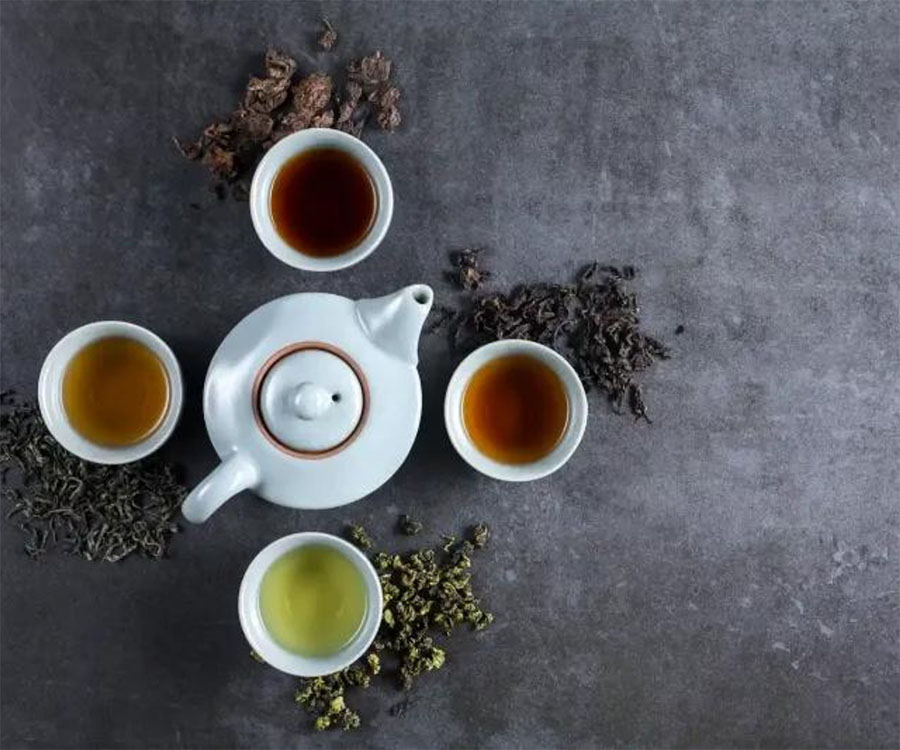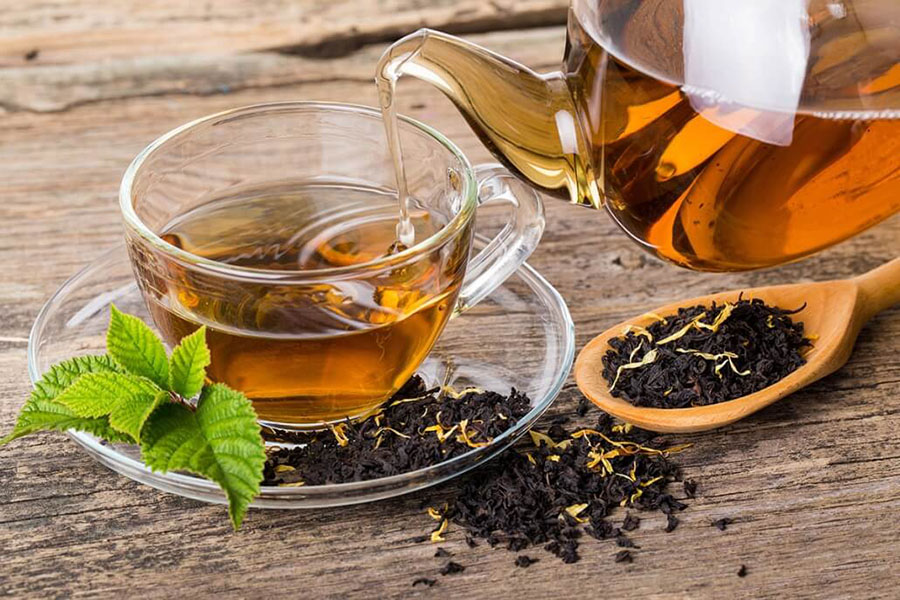
The effects of tannins in tea and their health benefits you might not now
You may not be aware that tannins are a type of polyphenol responsible for the bitter and astringent taste found in certain foods and beverages, such as chocolate, nuts, fruits, various legumes, wine, coffee, and notably, tea. Tea is considered a rich source of tannins, with varying amounts depending on the type of tea. Alongside catechins, tannins in tea have their own unique functions and bring numerous health benefits. To delve deeper into this, we invite you to read the following article.
Some insights on tannins and the types of tannins in tea
The functions of tannins in tea
Tannins are compounds that contribute to the bitter and astringent taste, also known as astringency, in tea. While the flavor might not be everyone's cup of tea, tannins play a vital role in shaping the unique taste of tea, leaving a memorable aftertaste, and are an indispensable element in a delightful cup of tea. Factors like flavor, astringency, temperature, and aroma are all essential in the tea tasting experience, and these elements are closely related to the tannins present in tea.

In addition to flavor, tannins also influence the color of tea. Darker teas tend to have higher tannin content. For instance, black tea contains a significant amount of tannins, while oolong tea has less, and green and white teas have minimal to no tannins. The tannin content in tea depends on the type of tea leaves, the harvesting time, processing methods, brewing techniques and steeping time.
Types of tannins in tea
Various types of tannins are found in tea, each with different effects on the human body. Preliminary research suggests that some tannins in tea share characteristics with polyphenols, providing antioxidant and antibacterial properties, thus contributing to disease prevention.
Epigallocatechin gallate (EGCG): This is one of the primary tannins found in tea, belonging to a group of compounds called catechins. EGCG is highly regarded for its anti-inflammatory properties and its ability to protect cells from damage. It also aids in preventing certain chronic diseases like heart disease and cancer.
Theaflavins and thearubigins: Tea provides two other groups of tannins known as theaflavins and thearubigins. These tannins act as antioxidants and can neutralize free radicals, protecting healthy tissues and cells, which is beneficial for cardiovascular health, brain health, and skin.
Ellagitannin: Another type of tannin found in tea, ellagitannin, also possesses potent anti-inflammatory and antioxidant properties. Many studies suggest that ellagitannin benefits gut bacteria as well.
How does tannin benefit health?
Tannin and its anti-inflammatory effects
The anti-inflammatory properties of tannins are closely related to their antioxidant characteristics. Foods and beverages containing tannins help balance the gut microbiome and can reduce the progression of ulcerative colitis caused by damage to the colon's lining. Tannins act as anti-inflammatory agents by reducing the levels of inflammatory molecules, promoting a healthy gut bacteria environment, and strengthening the intestinal lining.

Tannin enhances brain health
Tannins offer numerous benefits for brain health, primarily due to their antioxidant capacity, which reduces oxidative damage and the risk of neurological diseases. Furthermore, tannins help slow down neurodegenerative conditions such as memory loss and Parkinson's disease. They can also contribute to mood improvement by enhancing nerve signal transmission, provided they are consumed in moderation.
Tannin for chronic disease prevention
Tannins are beneficial due to their ability to counteract oxidative stress and neutralize free radicals. Free radicals are inherently unstable molecules that have adverse effects on cells. They are naturally produced in the body and can also be generated through exposure to environmental pollutants or cigarette smoke. Excessive free radical production is a leading cause of various chronic diseases, including heart disease, cancer, and Alzheimer's disease. However, by absorbing antioxidants from tannins, you can reduce the risk of developing these conditions.

Necessary notes about tannins
Tannins bring many health benefits, but also have side effects when used incorrectly. Because tannins have the property of being able to easily bind with proteins and minerals.
Therefore, tannins affect the absorption of iron in our body. Any food containing iron, especially foods of plant origin, when consumed at the same time as tannins, will bind to the iron, making it unable to be absorbed by the body. Tannins also affect protein digestibility. Therefore, you should not drink tea or coffee with meals to avoid this situation.
On the other hand, high tannin levels can affect the digestive system, leading to feelings of nausea. That's why we should avoid drinking tea or coffee on an empty stomach.
Thus, tannins in tea bring many benefits. Not only does it contribute to the flavor of each cup of tea, but it is also beneficial to health in many ways, especially when tannins are absorbed properly and at the right level. Hopefully this article has brought a lot of useful information to readers about tannins in tea. To refer to delicious, quality teas at good prices, don't forget to visit the website: https://unimall.vn or contact hotline 0356.105.899 for advice and purchase support.
See more:








